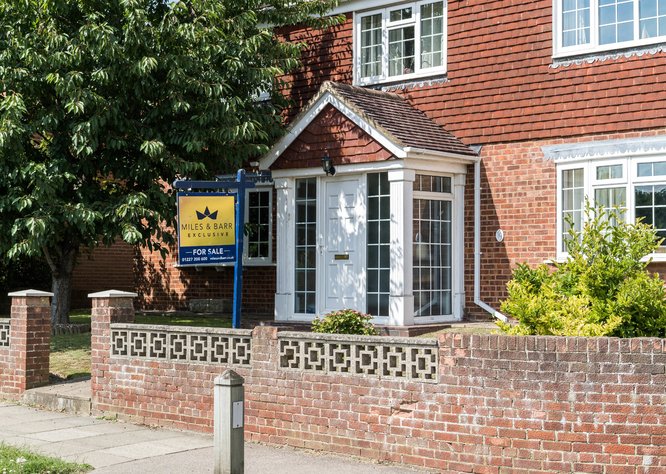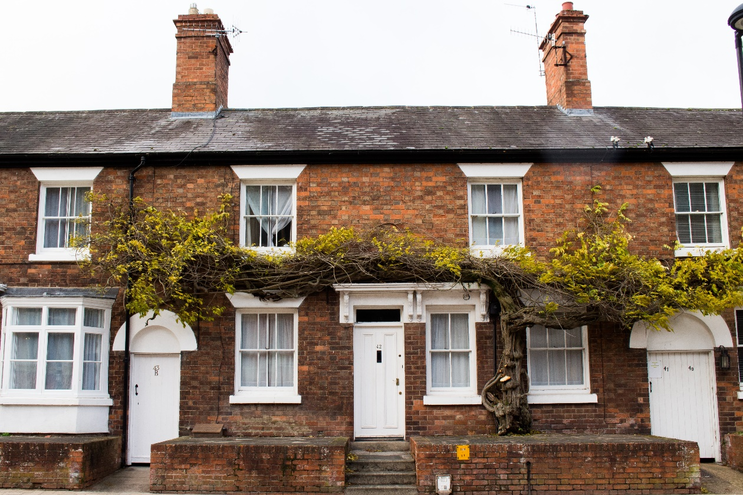
- Home
- Get Social
- Blog
- News
- How Buy-to-Let Works
24 Aug 2023
How Buy-to-Let Works
What is a buy to let investment? In a nutshell, it is purchasing a property with the intention of renting it out to tenants, primarily to generate rental income and, potentially, capitalise on possible property value increases. Read the below to learn more about the buy-to-let steps and considerations you should be aware of before purchasing a buy-to-let property.

1. Finding and financing your buy-to-let property:
- Research the area: Start by researching the property market to identify areas with strong rental demand and potential for capital growth. Speak to a local lettings agent to gain expert knowledge, call one of our knowledgeable team on 01303 212 767.
- Identifying your tenant audience: Ask yourself the question, are you looking to purchase a property to rent to students, families, or young professionals? Your answer will help you to narrow your search as they have distinct property preferences and location priorities.
- Financing: Secure financing for the property through a buy-to-let (BTL) mortgage. BTL mortgages have different criteria and interest rates compared to standard residential mortgages. Be sure to speak to an experienced mortgage adviser to make sure you secure the best rate, specific to your circumstances.
- Property Selection: Work alongside a reputable estate agent to help you choose a property that suits your investment goals, such as a high-demand location, property type, and features that attract tenants. If you are looking in Kent, look no further than our very own award-winning, local expert agents!
2. Letting your buy-to-let:
- Tenant Search: Once you own the property, you'll need to find a tenant. Advertising, conducting tenant background checks, and setting rental value are part of this process. It is advisable to appoint a reputable lettings agent to manage this process as they are experts. Our team are ARLA qualified, and offer an all-inclusive service, giving landlords peace of mind. If you’d like to find out more details on benefits of letting a property through us, click here
- Rental Agreements: Tenancy agreements (usually Assured Shorthold Tenancies) are legally binding contracts outlining the terms of the tenancy, including rent, responsibilities, and duration. Your appointed lettings agent will ensure your tenancy agreement meets all legal requirements, your property is compliant, and you have completed all the necessary safety certificates.
- Maintenance: As the landlord, you're responsible for property maintenance and repairs. Keeping the property in good condition helps retain tenants and maintain its value. It is recommended to appoint a property management company who will handle all day-to-day communication with your tenant, as well as appointing and managing contractors to carry out maintenance should this be needed.
3. Rental Income and Expenses:
- Rental Income: Rent collected from tenants is your primary source of income. This income should cover your mortgage payments, maintenance costs, and other expenses. When choosing a buy-to-let property speak with a local lettings agent to understand the property yield for the property and the area. If you appoint a lettings agency to let your property they will manage the monthly collection of rent from your tenant, passing the rent payment on to you minus the agent’s management fees.
- Expenses: Do consider all property-related expenses before acquiring a buy-to-let. These can include mortgage interest, insurances (buildings, rent guarantee), property management fees (if applicable), maintenance, repairs, and void periods (times when the property is unoccupied).
- Consider a professional property management service: From handling tenant screenings and rent collection to overseeing maintenance and resolving issues, a property management company ensures a seamless and stress-free experience. By entrusting these responsibilities to professionals, landlords can focus on other aspects of their lives while ensuring their investments are well-cared for. Our dedicated team is fully qualified with ARLA certification, ensuring the highest standards of expertise. Learn more about our property management services here.
4. Buy-to-let tax Considerations:
- Income Tax: Rental income is subject to income tax. You can deduct certain allowable expenses from your rental income before calculating tax liability.
- Stamp Duty Land Tax (SDLT): SDLT applies when you purchase a property. There's an additional 3% SDLT surcharge for second homes and BTL properties.
- Capital Gains Tax (CGT): If you sell the property and make a profit, you may be liable to pay CGT. BTL properties have different CGT rules compared to residential properties.
5. Market Fluctuations and Selling:
- Capital Appreciation: Over time, your property's value may increase, leading to capital appreciation. This means you may be able to sell the property in the future for a price higher than what you originally bought it for.
- Exit Strategy: You can sell the property to realise capital gains, use it to generate retirement income, or pass it on to heirs.
It's important to understand the legal and regulatory aspects of being a landlord in the UK, including safety regulations, tenant rights, and changes in legislation. Engaging with property professionals, such as mortgage advisors, solicitors, lettings and property management companies can help you navigate the intricacies of the buy-to-let process and ensure a successful investment journey.
If you have any further queries, contact our experienced and friendly lettings team. Currently managing over 2,500 rental properties annually, we are no strangers to the world of BTL!

Instant Property Valuation
What's yours worth? An up-to-date valuation of your property is the first step to finding your dream home!
